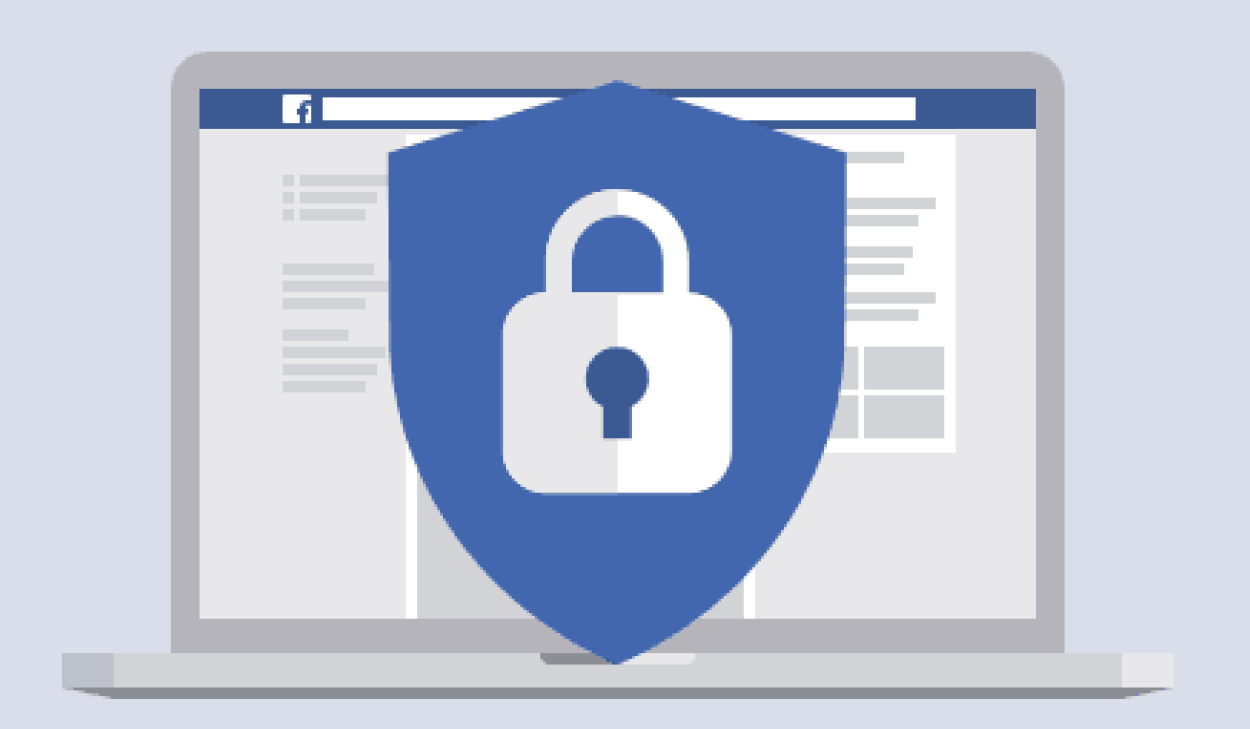Three Simple Steps To Protect Your Personal Information

For the last couple weeks, it’s been nearly impossible to turn on the TV, browse social media or pick up a newspaper without seeing Mark Zuckerberg’s picture. For Facebook users across the world, Zuckerberg’s appearance on Capitol Hill raised a number of concerns regarding their personal information.
There are several actions you can take to protect yourself and your data through your online activities, so let’s start with three simple ones that can go a long way to help you maintain your privacy.
- Sharing Is Not Always Caring
As you scroll through Facebook, you’ll often see friends filling out personal questionnaires through which they share fun facts about themselves. This may seem harmless, but in actuality, they can be very dangerous.
In many cases, the questions asked on those profiles are the exact same ones you use for security questions to login to your bank account or other accounts with sensitive information. So while it might be fun to share “Five Names You Go By,” your first pet’s name or the street on which you grew up, you may be handing over the keys to valuable information without even knowing it.
- Use Two-Step Authentication
When you try to log in to your bank account or a social media site on a new device, that site may often send you an email or text message with a code to verify your account. With many sites, you can visit your security settings and request that the site initiate two-step authentication, and we recommend you do this whenever possible.
I recently got a notification informing me that someone in China attempted to login to my Apple ID. Because they were unable to provide a code from a second source, the hacker failed, which made me appreciate the multi-layer security Apple utilizes to protect my information.
- You’ve Got Mail
Email is one of the quickest and easiest ways to reach someone in attempt to access their information, so you have to be extremely cautious when opening messages. If you open an attachment that contains a virus, the sender may have access to all of your files and personal information, and they can quickly cause you damage.
If you receive an email from someone you don’t know, think twice about opening it. Be even more diligent when opening attachments. If you’re not expecting an email from the sender or you’ve never done business with them before, you should probably just send the message to the trash.
Even if you know the sender, have some awareness if something seems off. Spear Phishing is one particularly dangerous practice that is popular among hackers, and it involves gathering information and producing a message that appears harmless but is actually anything but that. For example, they can make the email appear to be from your company president or CFO. Because you trust that person, you follow the instructions, but in actuality the sender has tricked you into opening a virus that can harm you and your company’s network.
A little discernment can make a huge difference when surfing the web or using social media, so think before you click and use a little caution when you share. It could be the difference in protecting your information and enduring a lot of sleepless nights.


